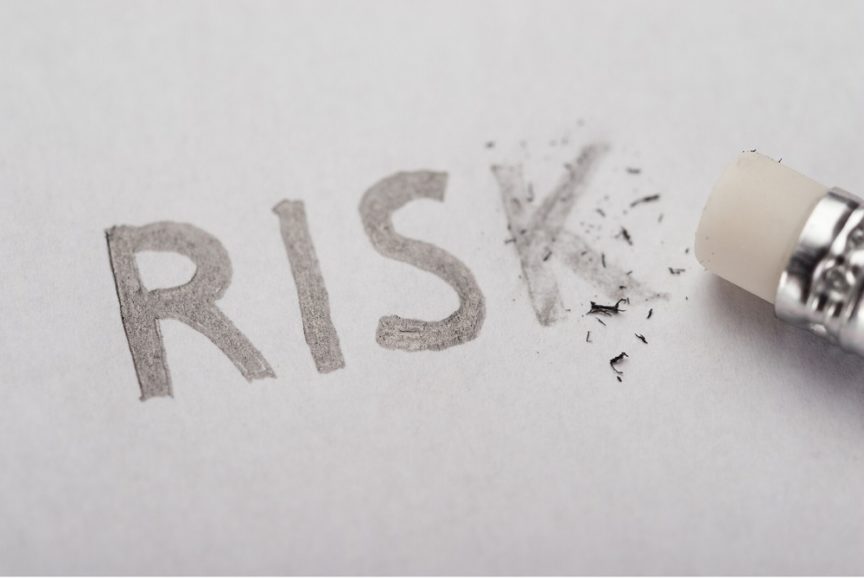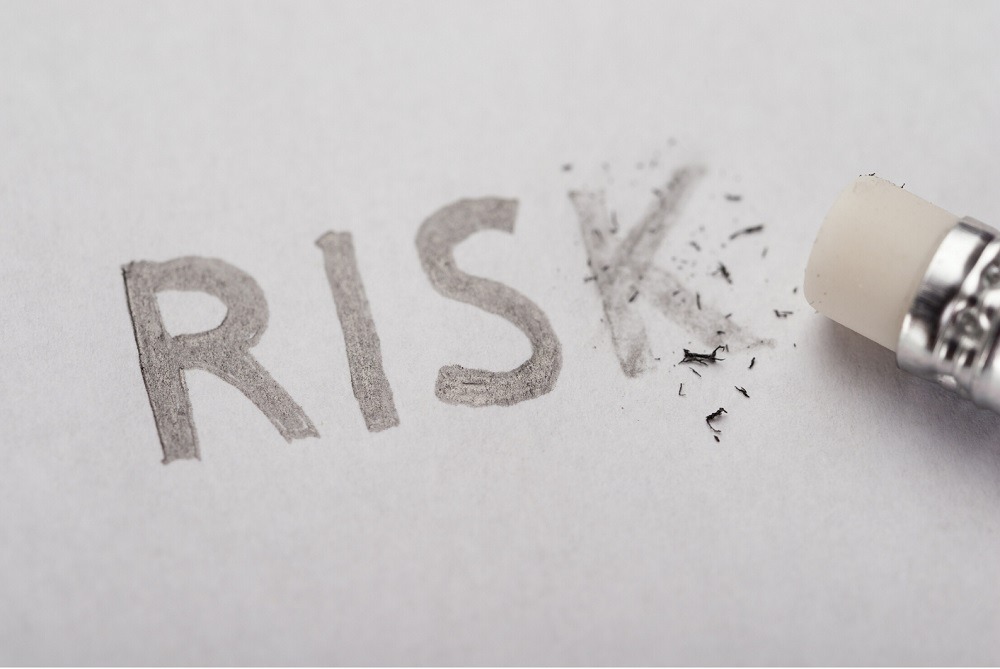Risk Management is more important than ever before. The business cycle of boom and bust has quickened and we seem to be getting a crisis every decade. Banks, Regulators, large corporate and small businesses alike are focusing on Financial Risk Management.
If you are ready to take the FRM exam, here are some prep resources to get you started:
But if you are still not convinced that Financial Risk Management a worthy career choice for you, here are some facts to help you decide:
Reason #1: Employers love it (especially Banks)
As per GARP (the body that awards the FRM® designation), these are the top firms employing certified FRMs:
- ICBC
- Bank of China
- HSBC
- Agricultural Bank of China
- Citigroup
- KPMG
- Deutsche Bank
- Credit Suisse
- UBS
- PwC
It’s quite clear from this list that the FRM designation has universal appeal amongst top American, British, European and Chinese banks. It’s also quite popular with the Big 4 consulting firms which is not surprising given their focus on risk management.
There are dozens of career options for Financial Risk Managers in corporate banking, investment banking, wealth management, investment / portfolio management, compliance etc. This article covers all these career options for Certified FRMs in greater detail.
Reason #2: Risk management is an “in-demand” skill
Since the 2008 financial crisis, banks, governments and corporations have been increasingly focusing on risk management. Compliance and regulatory costs have skyrocketed, billion-dollar fines have become the norm and political events have added to the volatility.
Because of all these factors, risk managers are more in-demand than ever before. And we can see that the trend is continuing with the large players becoming more risk averse. Even the general public has lost its appetite for the reckless gambling of large institutions.
Reason #3: The Money is Good
While risk management might not be the highest paying job in finance, the money is still well above average. And what’s more is that you don’t necessarily have to be in risk management. I never worked in risk management and my FRM designation helped me early on in my banking career and later when I was doing consulting work for a Private Equity firm.
You have to remember that wherever there is financial return, there is risk. And wherever there is risk, you need an expert to understand it, measure it and mitigate it.
Reason #4: Risk Management is a recession-proof career
As I mentioned earlier, the demand for risk managers has only increased in the last decade. The FRM designation is still the single best option out there to signal your expertise in the field to potential employers.
The purpose of risk management is in fact to protect the firm from adverse scenarios including a financial crisis or recession. When the going gets tough, the risk managers get going.
Reason #5: Highly resistant to AI and automation
While no field is truly immune to automation, the ones that require higher cognitive abilities are obviously more resistant to it. Risk management is as complex as it gets, and investment banks pay top dollar to experts who can manages these risks for them.
Some of the more mundane aspects like data crunching will eventually get automated, but risk management is so much more than that. Just to give you an example, there can be a 100+ risk factors in the template of a typical credit memo. And those are just the standard risks already in the template. Add to it other, unique risk factors and the thousands of potential strategies to mitigate those risks and you begin to get a picture of what it’s like.
Reason #6: Relevant across sectors (finance, consulting, tech, manufacturing, media etc.)
Risk managers are not just needed in banking. All companies need to manage their credit risk, market risk, interest rate risks, foreign currency exposures, operational risks, supply chain risks etc.
I would place risk consulting in the #2 spot after banking for Certified FRMs. In terms of compensation, the quality of your work and impact that you are likely to have.
Reason #7: You can go all the way to the top (Chief Risk Officer)
There are some dead-end careers in banking. Risk management is not one of them. You can go all the way up to CRO not just at banks but at investment management firms and even traditional industries as well.
As risk management teams continue to expand, career growth becomes ever faster.
Reason #8: Broader application compared to the other certifications
In addition to risk management which itself is a massive filed, certified FRMs are also well suited for many other roles which have a risk component.
I have already talked about how I benefited from it in banking and investment management. You can also get a career boost with an FRM in compliance, regulatory reporting, regtech, risk-related IT careers and so on.
Reason #9: It’s a rather Quantitative exam (which is a good thing)
I found that the FRM curriculum is a bit more quant heavy compared to other courses. Its’ been over a decade since I cleared it, but I can see that the course has only become more relevant for the modern financial world.
Financial products and the global banking system continue their inexorable march towards more complexity. Banks and their regulators are using increasingly massive and involved risk models. The demand for Risk Managers who can wrestle with these intricate models is higher than ever.
Reason #10: Get the career boost early when you actually need it
Personal story time. I got my FRM designation pretty early in my career because I cleared both exams within 6 months and needed only two years of work experience. This means I was still an Associate when I got my certificate.
Early on in your career is when you actually need that career boost the most. By the time I had enough work experience for my other certifications, I was already an AD and the returns were now clearly diminished.
Reason #11: It’s getting more recognition over time
There are thousands of certifications in the financial services sector alone. However, most of us will never hear about more than a handful of them. What makes some of these popular while others fade into obscurity?
It is the certified professionals or charter holders who go on to do great things in their respective fields and essentially become brand ambassadors for these certifications. FRM is the one certification that has benefited the most from this since the last financial crisis.



